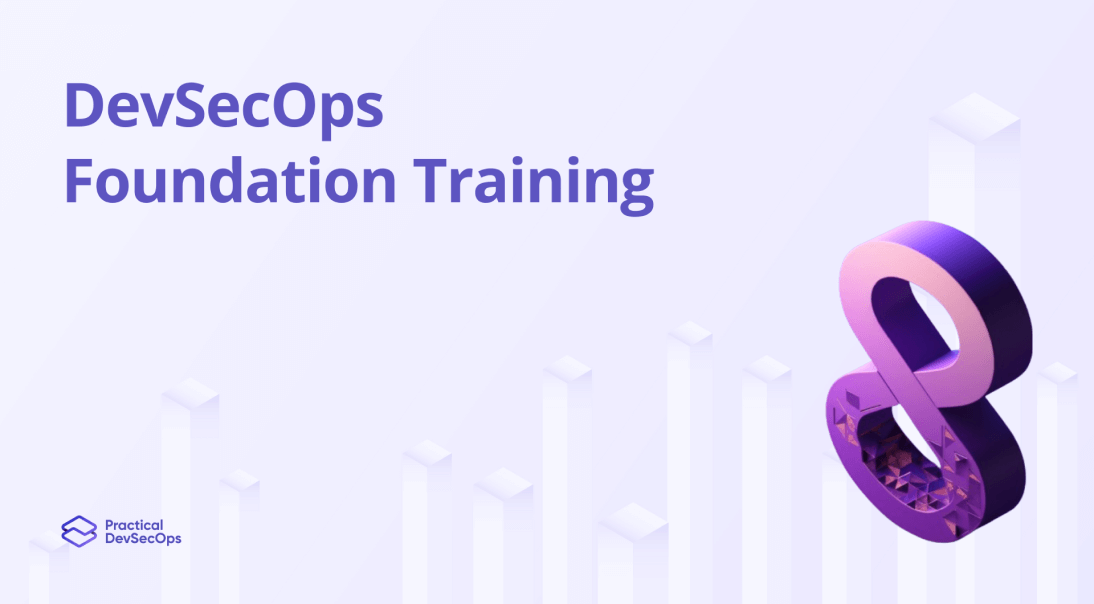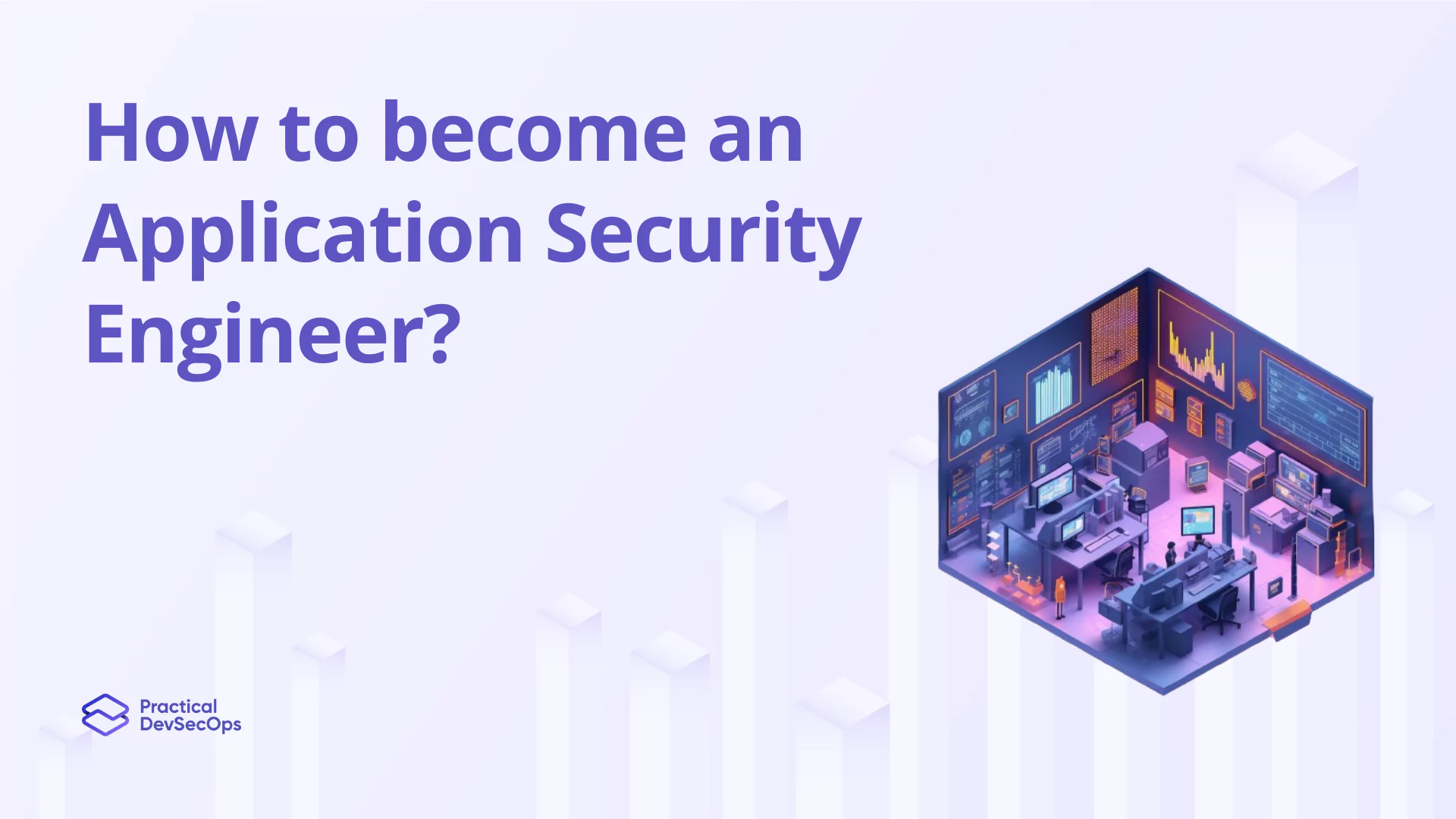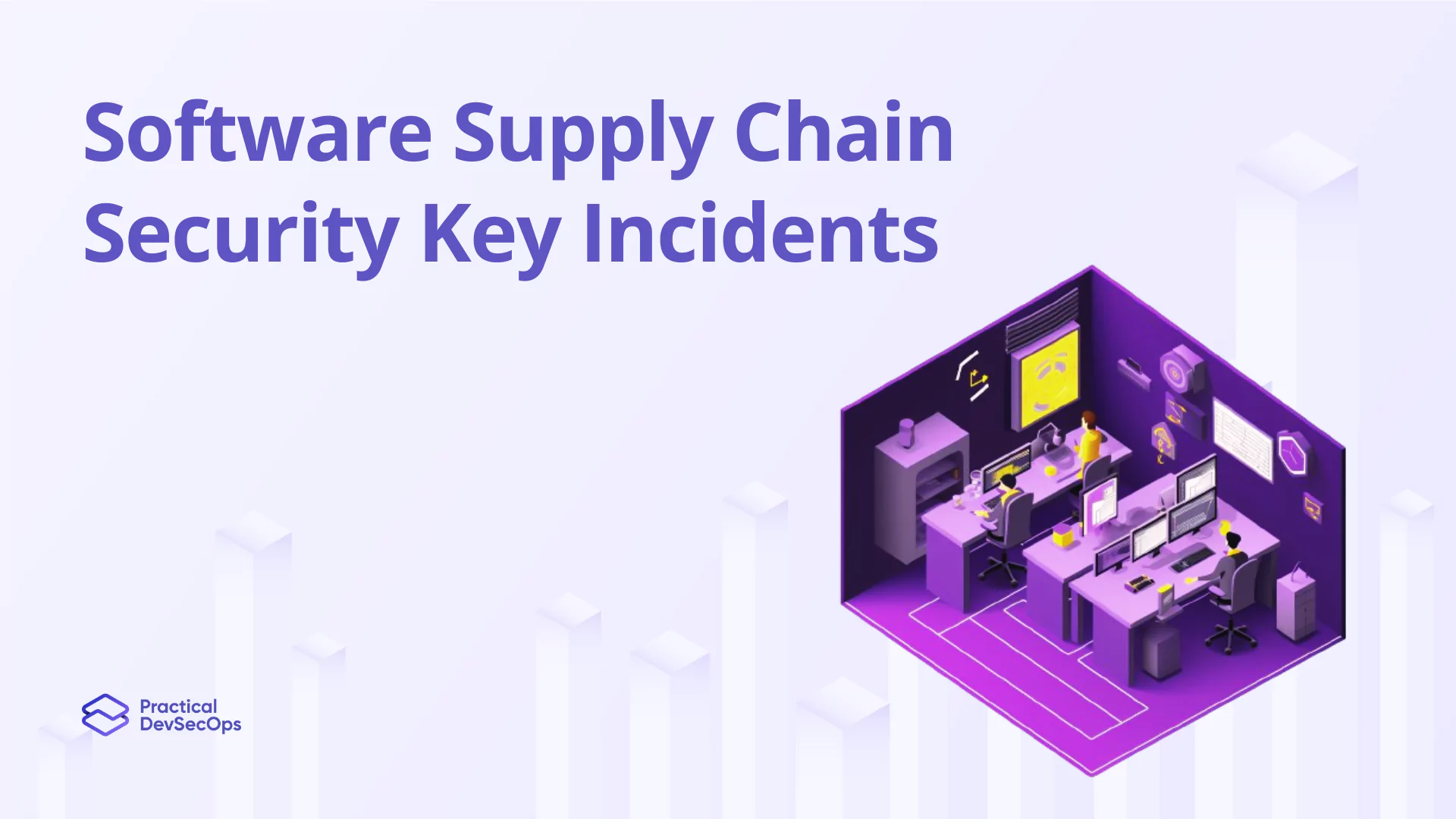As security becomes an integral part of the software development process, organizations are recognizing the need to equip their teams with the knowledge and skills to integrate security seamlessly. DevSecOps Foundation training has emerged as a valuable resource for individuals seeking to understand the principles and best practices of DevSecOps. In this article, we will explore the benefits and key components of DevSecOps Foundation training.
The Need for DevSecOps Foundation Training
The DevSecOps approach aims to foster a culture of security throughout the entire software development lifecycle. DevSecOps Foundation training helps bridge the gap between development, operations, and security teams, enabling them to collaborate effectively while ensuring the security of applications. This training equips participants with the necessary skills to implement security practices within DevOps processes and promotes a security-centric mindset.
Key Components of DevSecOps Foundation Training
DevSecOps Foundation training typically covers essential topics to empower participants with a comprehensive understanding of security in the DevOps world:
1. Security Culture and Mindset
- Emphasizes the importance of integrating security into every stage of the software development lifecycle.
- Equips participants with the knowledge to foster a security-oriented mindset among development and operations teams.
- Encourages collaboration and information-sharing between traditionally siloed roles.
2. DevSecOps Principles and Practices
- Provides an overview of the key principles and practices that underpin DevSecOps.
- Covers topics such as secure code development, continuous integration and delivery, infrastructure as code, and automated security testing.
- Demonstrates how these practices can be integrated into existing DevOps processes seamlessly.
Also Read, DevSecOps Best Practices
3. Securing Cloud and Container Environments
- Explores the unique security considerations and challenges associated with cloud computing and containerization.
- Provides insights into securing cloud infrastructure, ensuring container and orchestration platform security, and managing secrets within the cloud environment.
- Equips participants with the skills to architect, deploy, and monitor secure cloud and containerized applications.
4. Security Automation and Tooling
- Introduces participants to a range of security automation tools and technologies.
- Demonstrates how these tools can be leveraged to identify vulnerabilities, enforce security policies, and automate security-related tasks.
- Highlights the importance of integrating security tooling within the DevOps toolchain.
Also Read, Best DevSecOps Tools
Also Read, Comprehensive Guide for DevSecOps Automation
5. Compliance and Risk Management
- Covers various compliance frameworks and regulations that organizations need to adhere to.
- Explores risk management practices, threat modeling, and security auditing techniques.
- Provides insights into integrating compliance and risk management into DevOps workflows.
Here is a brief overview for DevSecOps Career Path
Benefits of DevSecOps Foundation Training
DevSecOps Foundation training offers several benefits for individuals and organizations seeking to embrace security within their DevOps practices:
- Enhanced Security Knowledge: Participants gain a solid understanding of security principles and best practices, enabling them to implement security measures effectively throughout the software development lifecycle.
- Collaboration and Communication: The training promotes collaboration and communication among development, operations, and security teams, fostering a cohesive culture of security.
- Improved DevOps Efficiency: By integrating security practices seamlessly, DevOps teams can identify and address potential vulnerabilities early in the development process, minimizing rework and enhancing efficiency.
- Reduced Security Risks: DevSecOps Foundation training equips teams with the skills to proactively identify and mitigate security risks, reducing the likelihood of security incidents and breaches.
- Career Growth and Opportunities: DevSecOps is a rapidly growing field. Training in this area provides individuals with valuable skills and knowledge, enhancing their career prospects and opening doors to new opportunities.
Conclusion
DevSecOps Foundation training is a valuable resource for individuals looking to build security skills within the DevOps world. By understanding the principles, best practices, and tools of DevSecOps, participants can integrate security seamlessly into their software development processes. The training fosters collaboration, enhances security knowledge, and enables organizations to reduce risks and deliver secure applications efficiently. Embracing DevSecOps Foundation training sets individuals and organizations on a path towards secure, efficient, and resilient software development.
Interested in Upskilling in DevSecOps?
Practical DevSecOps offers an excellent Certified DevSecOps Professional (CDP) course with hands-on training through browser-based labs, 24/7 instructor support, and the best learning resources to upskill in DevSecOps skills.
Start your team’s journey mastering DevSecOps today with Practical DevSecOps!






0 Comments